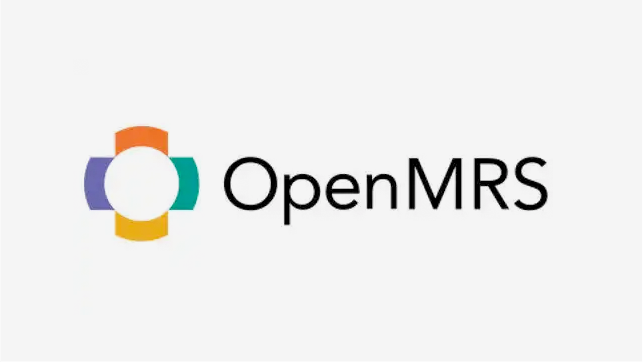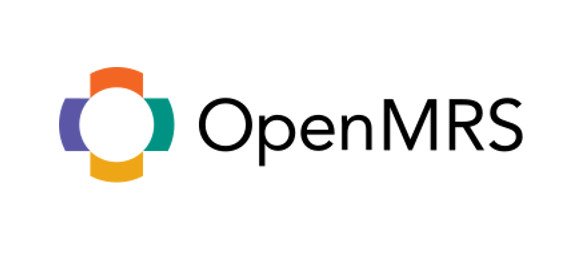As a partner to CDC’s Global AIDS program, Regenstrief Institute’s work on OpenMRS is fundamentally focused around ways in which patient record keeping systems (specifically, electronic medical record systems) can improve health outcomes around HIV and other life threatening diseases. By building platforms that empower health care settings in resource poor environments, we support the important goals of increasing health delivery access, supporting preventive care interventions, and providing important information frameworks that allow for effective monitoring and evaluation of the care delivery process at the clinical care level. The electronic medical record system, given it’s close interrelationship to the direct care delivery process, has the opportunity to significantly alter and support better, and more effective health decision making.
As an open source platform, OpenMRS is designed from the outset to maximize open, interoperable exchange of information: both internally within the system, and between other systems that support care delivery. As OpenMRS continues its growth into over 80 countries to date, it increasingly is recognized as a de-facto standard by its uptake and ability to influence future development and implementation of health record systems worldwide. The Regenstrief Institute’s goal is to work in a collaborative fashion with the CDC to ensure that it’s public health agendas are adequately manifest in the growing community process that the Institute has nurtured within the OpenMRS community.
Effective HIV program planning increasingly requires tracking individual patients through the HIV care continuum, requiring longitudinal patient records and the ability to use these data for public health decision making. This has resulted in efforts in introducing and bringing to scale HIV case surveillance activities. In response, the health information systems team (DGHT/HIDMS/HIST) is investigating the informatics considerations around HIV case surveillance, and in particular the opportunities to leverage PEPFAR investments in patient level information systems to automate HIV case surveillance from electronic medical record systems. The key considerations are 1) clearly represented public health business processes through representing a “surveillance officer” role, 2) configurable surveillance trigger settings that identify those patient-provider details that are key to tracking changes in the care continuum, 3) configurable messaging that constrains the data transmitted to the public health office to an essential dataset for surveillance and public health response.
Over the past year, we developed an initial prototype of an HIV case surveillance module into OpenMRS. Over the course of the next year, the Regenstrief Institute intends to further explore, and hopefully demonstrate case based reporting while supporting the broader OpenMRS community ecosystem. Regenstrief will work with CDC as they identify a suitable country setting where the module may be included in a pilot activity for automated EMR based reporting in HIV case surveillance. While Regenstrief does not anticipate direct responsibility in the pilot process, we do anticipate working with a CDC implementing partner with OpenMRS expertise that can take the technical artifacts produced by Regenstrief and customize and configure them for the local context.
PEPFAR Countries – http://www.pepfar.gov/countries/index.htm









